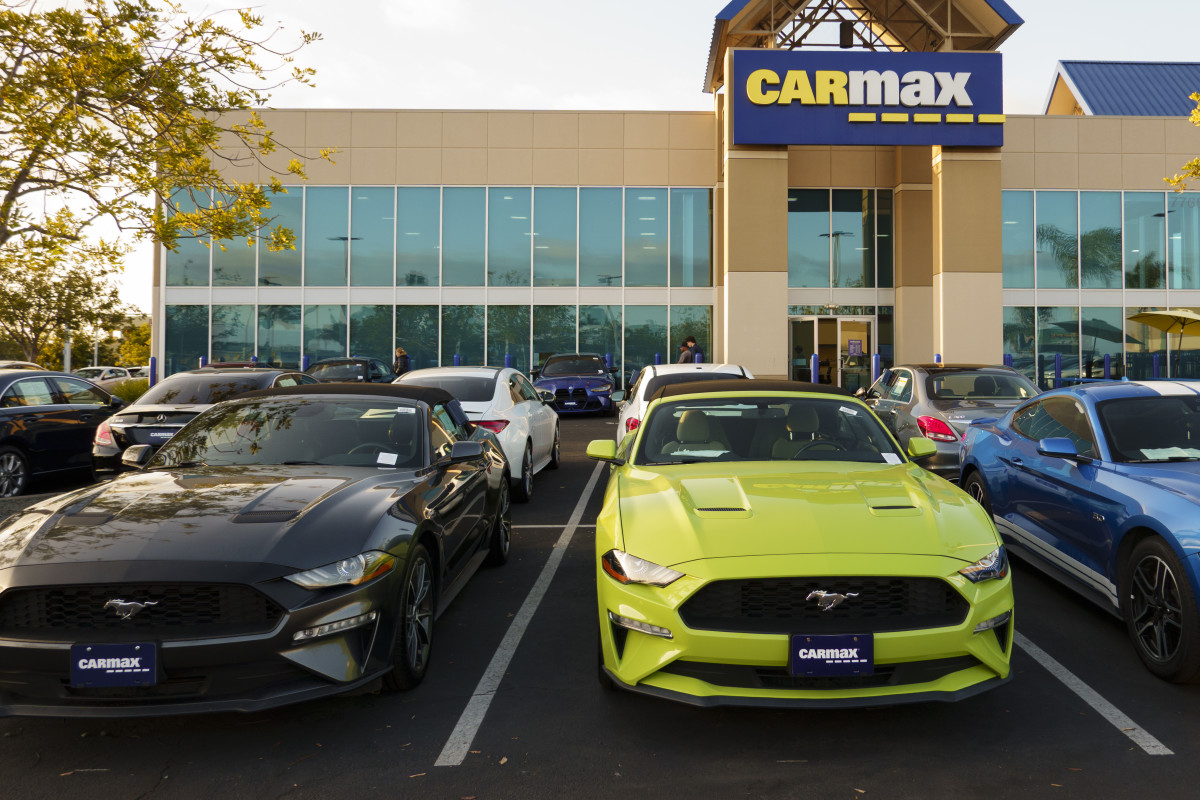Auto loan interest write-offs nearing comeback
The U.S. House of Representatives has passed President Trump’s sweeping tax bill, nicknamed the “Big Beautiful Bill,” which includes an above-the-line deduction of up to $10,000 in car loan interest. In other words, taxpayers who itemize deductions or claim the standard deduction wouldn’t pay tax on auto loan interest up to $10,000. However, your income and the vehicle type you purchase determine your eligibility.
The deduction would be phased out by $200 for every $1,000 of modified adjusted gross income above $100,000 for single filers and $200,000 for joint filers, according to the Tax Foundation. Single filers earning above $149,000 and joint filers making over $249,000 wouldn’t qualify for an auto loan interest write-off. Qualifying individuals or joint filers could receive the deduction for auto loans taken out in 2025 through 2028 each year until the temporary write-off expires, the Detroit Free Press reports. Additionally, the deduction only applies to cars with their final assembly in the United States. Qualifying vehicle types include SUVs, cars, trucks, vans, motorcycles, all-terrain models, and RVs.

Adobe stock photo
How the bill stacks up against May’s average auto loan interest rates
If the proposed legislation passes through the Senate and becomes law, drivers can expect to receive the highest deduction during a loan’s first year since most monthly payments cover interest rather than principal. The average new car loan for May carries a 4.77% average interest rate for those with a FICO credit score ranging from 781 to 850, according to Bankrate. A credit score between 661 and 780 incurs a 6.40% rate, and the next-lowest tier, 601 to 660, jumps to 9.59%. Credit scores between 501 and 600 carry a 13.08% average interest rate on a new car loan, while 300 to 500 ratings incur a 15.75% rate. If the average driver pays $2,000 on auto loan interest in a year, they’d save $400 on their taxes.
Leases, commercial vehicles, and salvage titles would not qualify for auto loan interest deductions. Whether the bill includes interest deductions for used vehicles or only new ones is unclear. While all Americans would welcome auto loan interest write-offs, Trump’s bill also proposes that hybrid owners pay $100 more yearly to register their car, and electric vehicle (EV) owners pay a $250 annual registration fee. The fees are projected to generate around $40 billion over the next decade for the Highway Trust Fund (HTF), which pays for various transportation infrastructure projects.

Getty
Final thoughts
While many Americans would welcome auto loan interest tax write-offs, a deduction that hasn’t been available since Ronald Reagan’s presidency, the proposed legislation’s impact appears relatively minimal. “I don’t know of many people who would decide that they can buy a car because they’re going to cut their taxes by $400. So, we don’t think it’s as exciting a proposition for driving more vehicle sales,” Cox Automotive chief economist Jonathan Smoke said, according to Bankrate. Additionally, the expected sharp rise in already-high vehicle prices due to Trump’s auto import tariffs would further offset any savings.